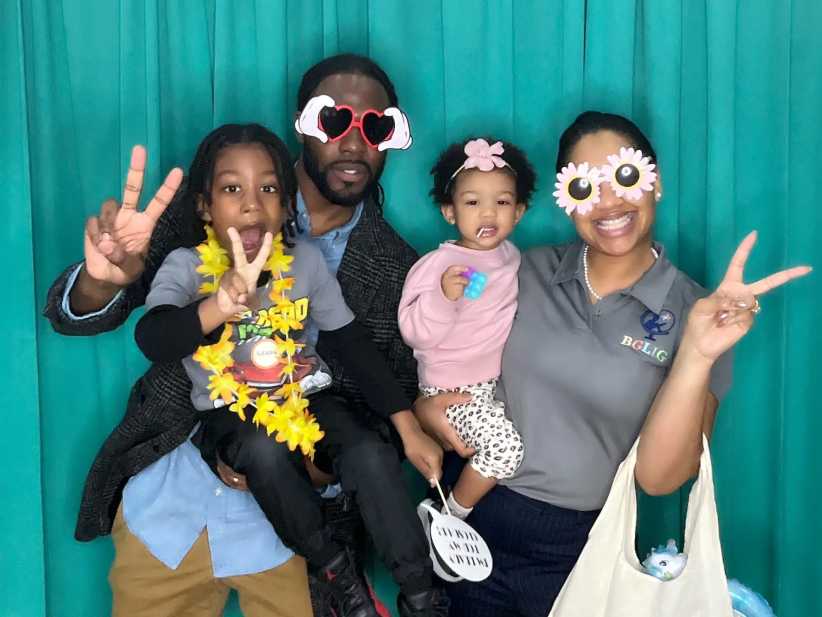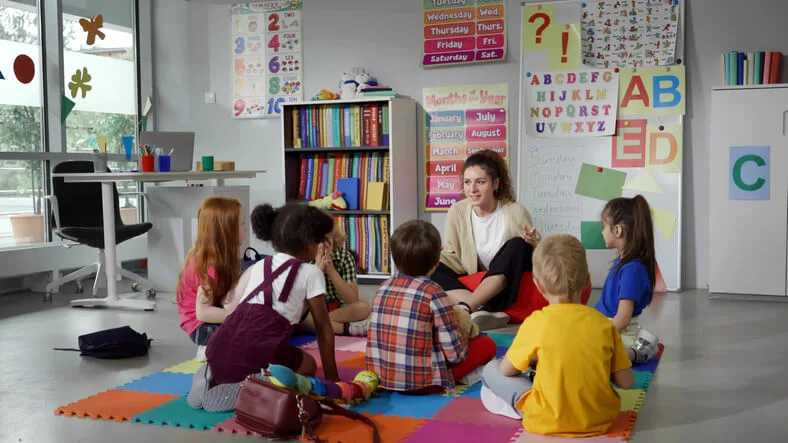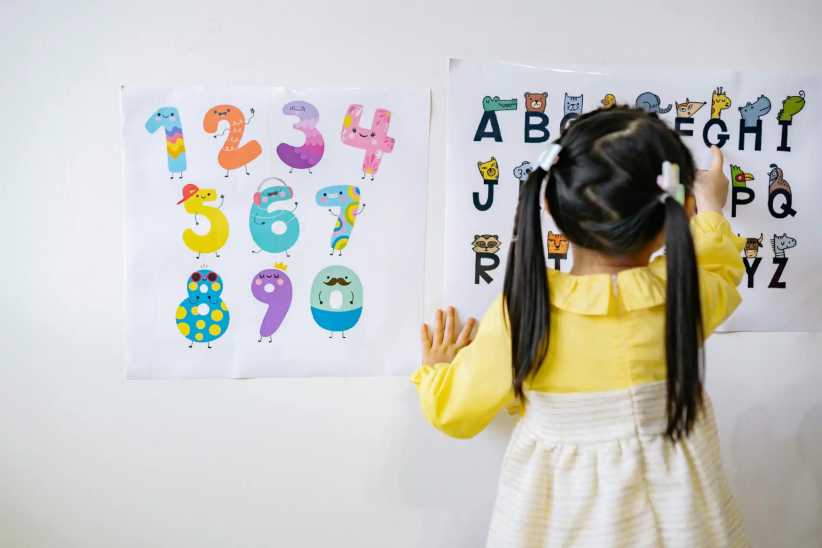
As many kids start or have returned to school, some students who have had the steepest regressions in learning are kids with special needs. We spoke with Lori Caplan-Colon, a leading speech-language pathologist specializing in pediatric feeding disorder and founder of Montclair Speech Therapy on how kids and parents can work on their speech learning practices in the school year whether remote or blended.
Some students with speech delays who have or are ‘returning’ to school have unfortunately regressed. Any tips on easing them to more in-person services?
Be sure to check in with the classroom teachers and remind them that your child will need special care not only in dealing with classroom interactions but also broader social interactions with the larger student body.
Let them know that lock-up and isolation are especially challenging to a child with speech disorders as there are a lot fewer opportunities to practice their learned skills. Explain your concern that a quarantine lifestyle has placed challenges on their ability to practice with peers and caregivers across environments which is typically a big part of the therapeutic process. Perhaps they can keep an eye out and let you know of any specific issues that arise.
While the teacher may not be able to wholly accommodate your child, at least you have raised the issue with them and made them aware of this “back to school” challenge. Additionally, here we may want to note the reduced ability to successfully communicate with masks. A lot of our little ones are demonstrating frustration when they are not interpreted with this barrier. Additionally, for our lower tone kids, with increased drooling, we are finding that masks are needed to be frequently changed causing additional challenges.
As many schools will also be remote, any tips on balancing both?
Managing expectations goes a long way towards striking a balance between in-class and tele-learning, so sticking to a schedule and frequently going over that schedule or calendar with your child will prepare them for what’s expected. Children thrive with routines and schedules. Using child-friendly pictures to signify schedule changes are a favorite. Additionally, using magnetic boards and/or dry erase boards will allow a child to signify when an activity is completed and allows a child to make predictions about what will happen next.
At the same time, chart, where your child is having challenges with each scenario (in class and at home), and bring those issues up with your speech therapist so they can focus on exercises that will mitigate the situation.
Find out from your child’s teachers what’s working in class and try to emphasize those skills at home, so they carry over to the virtual classroom setting.
For parents who have now found their child has developed stuttering or seen the return of stuttering, what can a parent do to help?
First of all, get in touch with a speech-language pathologist who specializes in stuttering and get a proper diagnosis of the condition. They can set up a proper treatment.
Avoid showing displeasure with your child’s relapsed behavior, and instead, remind yourself of the skills you practiced when your child first had a stutter. Slow down your own cadence, ask fewer questions, and let the child speak on his or her own terms. Be sure to maintain eye contact with your child, do not try to finish his/her sentences and do not use language like “spit it out or hurry up.” Start rebuilding using the techniques you employed before and if your child is slightly older, remind him/her of the “tools” in his /her “toolbelt” to reduce the bumps.
Understand that given the pandemic and the way it’s disrupted all of our routines, developing a stutter or seeing a return are not unusual reactions. Empathy first, and then start the search for solutions and mitigation.
Kids who are non-verbal such as kids with autism have been some of the hardest hit during this pandemic, is there such a thing as ‘catching up’?
It’s not so much a case of catching up as it is re-establishing a sense of normalcy.
Sticking with a predictable routine will help your child with autism find comfort during a time when disruptions have become a daily occurrence, where you can stick to routines, like bedtimes, meal times, hygiene times, etc.
What can these parents do to help their non-verbal children where speech therapy is so vital?
One thing that’s very helpful is to lead by example by demonstrating to your non-verbal child how people can communicate with body language and expression.
Game playing is especially useful for non-verbal children. Games that promote listening skills and mirroring actions, like Simon Says or Charades, can help re-enforce communication by body language.
The idea is to express the importance of effectively communicating with others around you, even when that communication is accomplished without speech.
Founded by licensed SLP Lori Caplan‐Colon, Montclair Speech Therapy is to provide inclusive, research-based therapies that serves the unique needs of individuals across the lifespan. We offer creativity, support, applied learning and skill, camaraderie and compassion as we meet our clients at the start of the therapeutic process. Through custom care plans, we meet each patient’s needs uniquely, supporting and enhancing the lives of parents, children and adults facing overwhelming challenges. Together, we help them reach their goals and celebrate all successes along the way.
Psst…Check out our post on Screen Smarts: How to Manage Kids’ Online Content and Interactions: Interview with Caroline Knorr





























